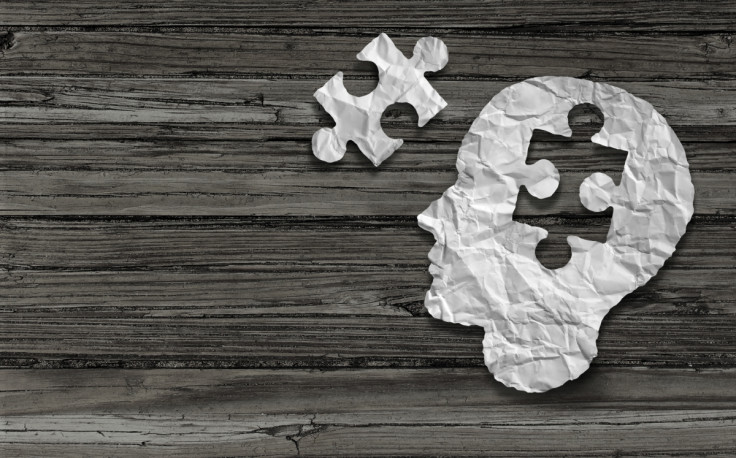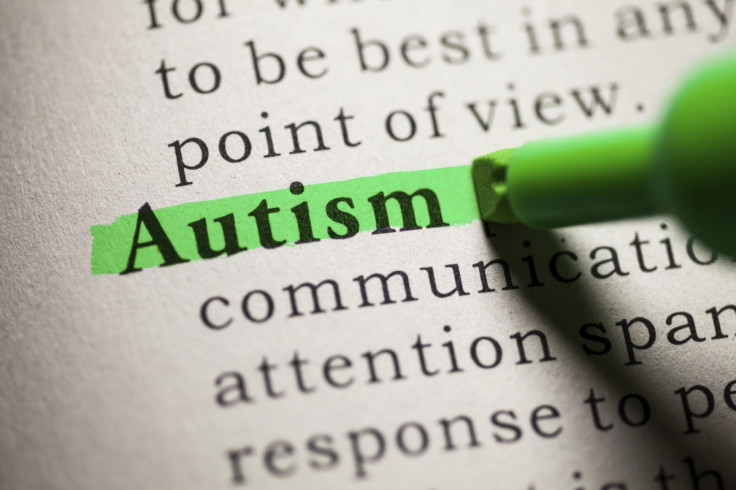Autism awareness: 'Asperger syndrome means you learn human interaction like studying a degree'

Penny Jackson, 30, has Asperger syndrome – a form of autism. It is a lifelong condition that affects how a person perceives the world, relates to other people and processes information.
When Jackson was 15, she was diagnosed with the condition along with the rest of her family, at a time when her sister was having trouble at school. She says having Asperger's is now an integrated part of her life. "It's such a fundamental part of my life – it is my life rather than affecting it," she says. "It is a bit like asking how the walls and roof affect my house."
More than one in 100 people are on the autism spectrum, including estimated 700,000 people in the UK. Autism is often described as a "spectrum disorder" because the condition affects people in many different ways and to varying degrees. The extent to which someone is affected is on a case-by-case basis.
When we meet someone, we judge their facial expressions, tone of voice and body language to help us determine their emotions and identify whether they are happy, angry or sad. We then respond accordingly, having understood the other person's feelings to the best of our abilities.
People with Asperger syndrome find it more difficult to read these often nuanced signals – signs which most of us take for granted. The three key areas of difficulty for people with Asperger syndrome are social communication, social interaction and social imagination, which can lead to anxiety and confusion.
Jackson is one of the 15% of autistic adults in the UK in full-time employment, despite campaigns to ensure people with autism spectrum disorders have equal opportunities in the workplace. Only 10% of autistic adults receive employment support, according to the National Autistic Society, despite 53% saying they want it.

She says she has benefited from interpersonal skills courses, which she was sent on by her employer. "In some ways I object in principle, but actually they were really useful," Jackson says. "You have to learn human interaction like studying a degree when you have Asperger syndrome, and it is possible to actually do very well at it."
While there is no "cure" or specific treatment for the condition, there are different approaches, therapies and interventions to help improve an individual's quality of life – from behavioural therapy and dietary changes to communication-based interventions.
"There's a difference between never being able to be good with people, and it just not coming naturally but being fine with some coaching," Jackson says. "There are a few really easy tricks for making emails seem less blunt, and having to work so hard to understand neurotypical people means I now reckon I can actually understand people with different perspectives a lot better than most neurotypical people can."
Despite difficulties in communication and interaction, it is a common misconception that all people with autism can't start or sustain friendships or relationships. "I don't think people hear the word Asperger's and assume you don't have a fulfilling life – but people can jump to conclusions based on traits associated with it," Jackson says.
"Romantic relationships are harder to start, but I don't think it affects them once started," she adds. "I do have a problem with losing interest in people but I don't know if that's an Asperger syndrome thing or something else. It's very hard to tell which quirks and problems are due to Asperger's and which are not."
As Jackson's family have the condition too, she says they are "emotionally very distant" but stay in touch. "I am on good terms with all close relatives," she adds. "I have an awful lot of close acquaintances and distant friends."
World Autism Awareness Day is marked on 2 April.
© Copyright IBTimes 2025. All rights reserved.






















